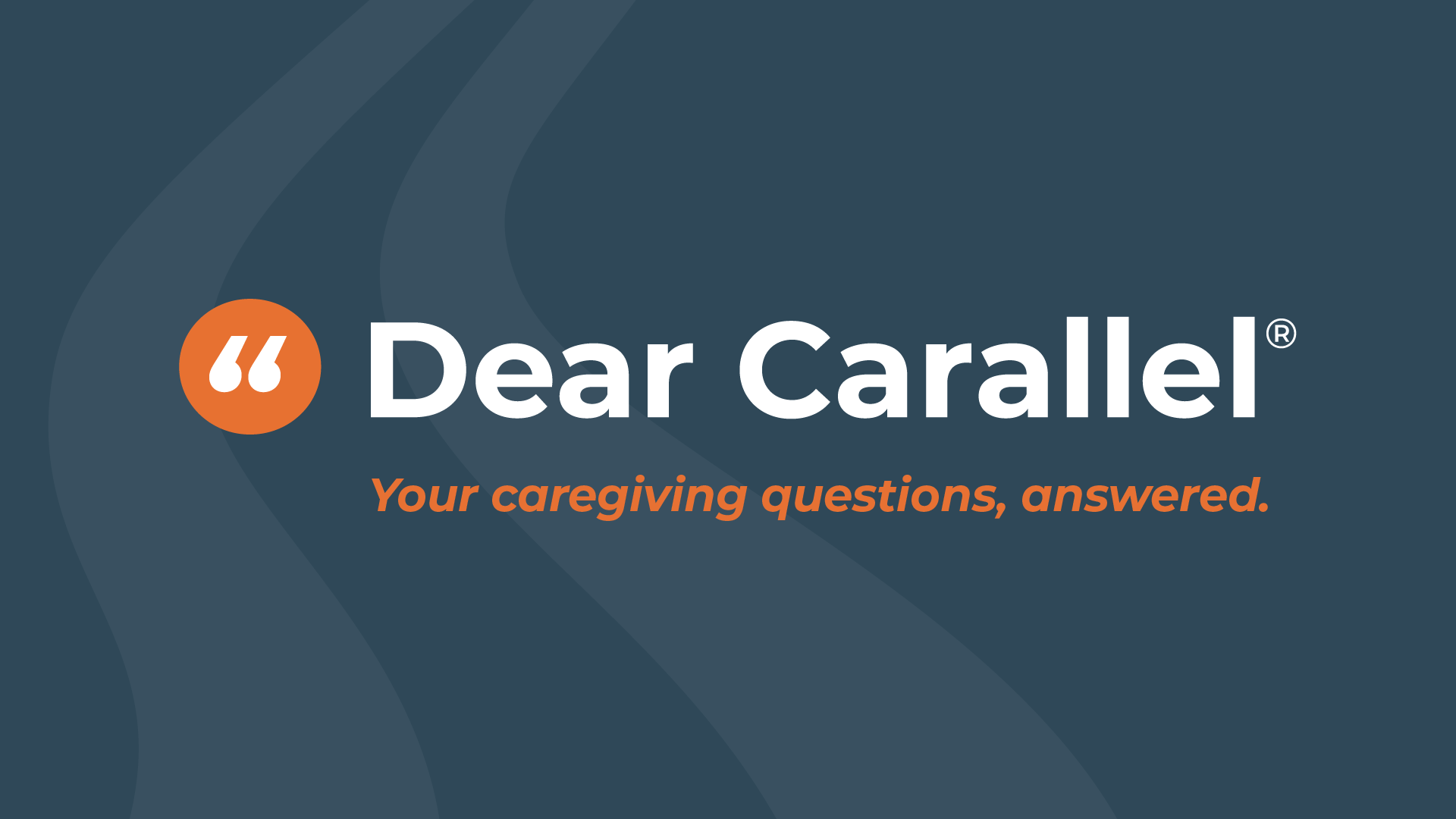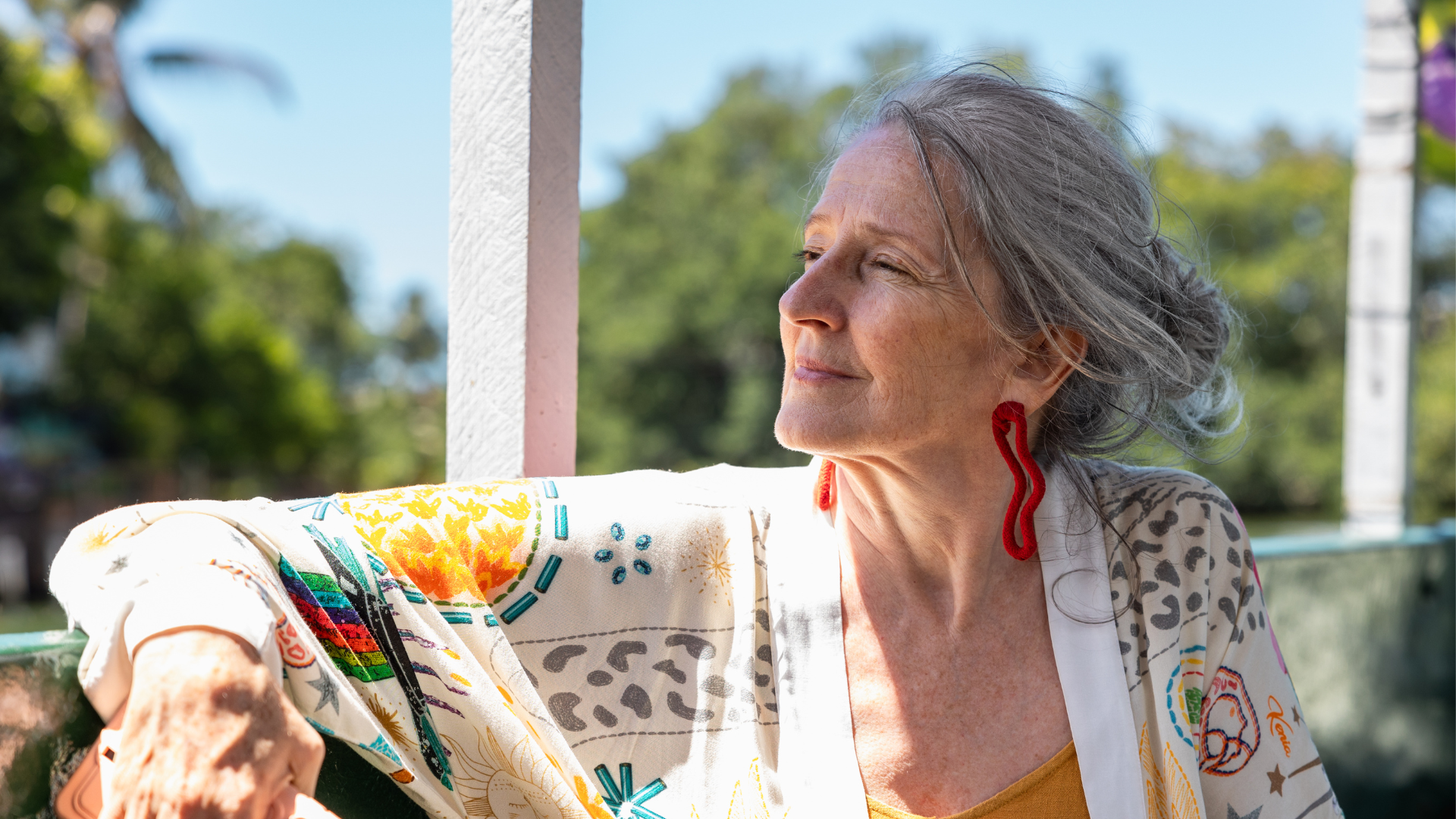Caregiver Question | 08/08/24
How can I encourage her to do more on her own?

DEAR CARALLEL: My mother moved in with me a couple of years ago after she had a stroke. Her recovery has been slow but steady and we are chugging along.
While she’s not back to the way she was before the stroke, Mom has regained her speech and a good portion of her mobility. She’s come so far and it’s wonderful to see.
When she initially came home from the rehab facility, Mom couldn’t really do much of anything for herself. I saw that as temporary and was eager to do whatever she needed.
Months and months of physical therapy, occupational therapy, and speech therapy later, Mom is now capable of doing more on her own. But I still find myself doing everything she needs.
Sometimes I wonder if I’m holding her back but on the other hand she seems used to the routine. I want to keep her safe and don’t want her to get frustrated. But how can I encourage Mom to do more on her own? — Heidi in Medford, OR
DEAR HEIDI: Your mother is fortunate to have such a loving and supportive daughter. I’m glad you wrote in and I have so much respect for the candid self-evaluation at the heart of your message.
It’s clear to me from the tone of your email that all you do for her is driven out of love and wanting to the best for her.
Your question about encouraging independence is a good one. And I have a few guiding ideas that you might find helpful.
Let your Mom’s abilities be your guide
Your mother has regained her speech and mobility which is wonderful.
How do those recovered abilities translate to her activities of daily living (ADLs)? ADLs are things like bathing, dressing, getting in and out of bed or a seat, using the toilet, eating etc.
It’d be helpful for you to take stock of what she can do on her own, what she can do with some assistance, and what she can’t do at all. As part of this exercise, it may even be worth checking in with your Mom’s physical or occupational therapists to get their opinion.
Because every ADL she can manage is an opportunity for her to reclaim some of the independence that the stroke took from her.
Cue don’t do
Maybe you’ve heard this one before.
For the tasks that Mom can do on her own or with an assist from others, cue her through them but don’t do them entirely for her.
Now this may cause a bit of temporary frustration for your Mom because she’s out of practice, but I think it’s more likely than not that the sense of pride and liberation she’ll feel by doing things for herself again will outweigh it.
Let’s take something simple like brushing teeth for example. Perhaps your Mom has a challenge getting toothpaste on the brush but she’s capable of actually doing the brushing. In this case you could apply the toothpaste but then hand the brush over to your Mom so she can do her thing.
Getting dressed for the day is another easy example. Rather than selecting her outfit, you could start by offering a few options and asking your Mom to choose. It’s a subtle shift but it gives her agency.
Reconnect your Mom with her interests
What hobbies or interests did your mother have before the stroke? Was she social? Are there old friends she could be reconnected with? Or things she used to like to do?
Perhaps you’ve tried reconnecting her with them but if not, I’d recommend it. Just as I mentioned earlier when talking about ADLs, it will be important to approach this through a lens of focus on what your Mom can do.
For example, maybe she used to love gardening. She can’t get up and down and work in the dirt these days, but is this something you could do together? Could she sit in a chair and direct you? Could she hold your tools or be the designated waterer?
While it may not seem like it was before to us as caregivers, reconnection to interests often happens one small step at a time.
✨
Like I said earlier Heidi, it sounds like you’re doing an amazing job. I’m excited for the next chapter of you and your Mom’s journey, where you’re keeping her safe like you’ve always done while focused on helping her reclaim as much of her lost independence as you can.
All the best to you both!
–Jennifer, Carallel Care Advocate
The latest from Carallel

Caregiver Journey Webinar
A Caregiver Conversation by Carallel: Helping Children Adjust When a Loved One Moves In
We dive into the practical realities of moving the person you're caring for into your home - and offer simple tips for helping children adjust....

Blog
The ‘Invisible Second Patient’: Understanding the Role of Dementia Caregivers
There are 16 million Americans caring for a loved one with Alzheimer’s disease or a related dementia today. Despite the group’s sheer size, they...
